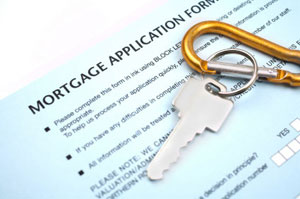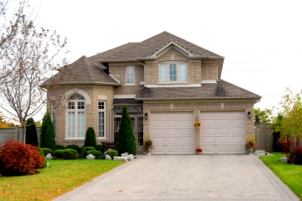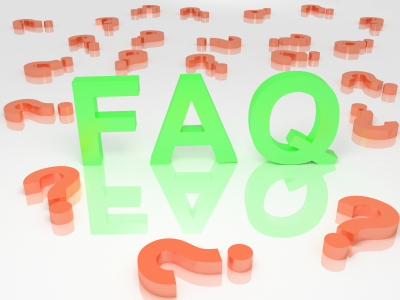Analyzing HARP Market Interest Rates
By Steven Roberts Updated on 7/24/2017
The Home Affordable Refinance Program (HARP) provides homeowners with the opportunity to refinance through HARP 2.0 into the currently low-interest rates.
Responsible homeowners can reduce their monthly mortgage payments with lower HARP interest rates as well as adjust the terms of the mortgage --shifting from a risky interest-only or adjustable-rate loan to a stable mortgage.
Shopping for the Lowest HARP Interest Rates
According to statistics from the monthly-released Freddie Mac Rate Trends Survey, mortgage interest rates have been historically low during the last several months.
The federal government has restricted fees and rate adjustments that lenders can charge based on the loan-to-value ratio (LTV) of a HARP loan, making these refinance loans even more valuable.
These lender modifications, known as Loan Level Price Adjustments (LLPA), had previously prevented borrowers from securing the low mortgage rates.
Fannie Mae defines LLPA’s as, “Price Adjustments that are assessed based upon certain eligibility or other loan features, such as credit score, loan purpose, occupancy, number of units, product type, etc.”
HARP interest rates will average much closer to conventional mortgage rates, which tend to offer the lowest rates among the most popular loan programs.
During the HARP application process, lenders will need to receive full underwritten approval before locking in an interest rate for a borrower.
Since HARP loans require several weeks to process and finalize underwriting, borrower interest rates are considered “floating” until the lender can actually lock in the rate.
Note that the longer the floating period is before locking in (typically set to 15, 20, 30, 45, or 60 days), the higher the interest rate will be.
Finding the Best HARP Interest Rates
Due to this floating period, borrowers comparing HARP refinance rates in the traditional manner may find the experience quite frustrating.
In recent years, the reputation of the mortgage industry has been somewhat tarnished by banks that promise generous terms but then alter these terms just before finalizing the transaction.
Rate quotes are not accurate until the loan originator evaluates your information and receiving pre-approval from Fannie Mae or Freddie Mac.
Banks factor in LLPA and overlays digitally under most circumstances, meaning that computer systems automatically assign interest rates to any particular application during the specific time frame.
Rather than shopping solely by interest rates for HARP loans, you should consider lenders by their experience and expertise handling loans, including their ability to explain the factors, both positive and negative, that affect a specific HARP interest rate quote.

Didn't find the answer you wanted? Ask one of your own.
-
 HARP 2.0 Requirements
View More
HARP 2.0 Requirements
View More
-
 Can I Refinance an Investment Property with HARP?
View More
Can I Refinance an Investment Property with HARP?
View More
-
 What Banks Will Give Me a HARP 2.0 Refinance Loan?
View More
What Banks Will Give Me a HARP 2.0 Refinance Loan?
View More
-
 How to Overcome HARP Refinance Qualification Obstacles
View More
How to Overcome HARP Refinance Qualification Obstacles
View More
-
 HARP 2.0 Appraisal
View More
HARP 2.0 Appraisal
View More
-
 What Do I Need for a HARP Application?
View More
What Do I Need for a HARP Application?
View More
-
 What is the HARP 3 Refinance?
View More
What is the HARP 3 Refinance?
View More
-
 What Are Some of the HARP 2.0 Limitations?
View More
What Are Some of the HARP 2.0 Limitations?
View More
-
 HARP 2.0 FAQ
View More
HARP 2.0 FAQ
View More
-
 HARP 2.0 Eligibility and Qualifications
View More
HARP 2.0 Eligibility and Qualifications
View More
Related Articles
Ask our community a question.
Searching Today's Rates...

Featured Lenders
Lisa Stepp
RBS Citizens
Clifton Park, NY
Kat Whitman
Whitman Met, Inc.
Sacramento, CA
Cameron Burke
Vision One Mortgage
Huntington Beach, CA

